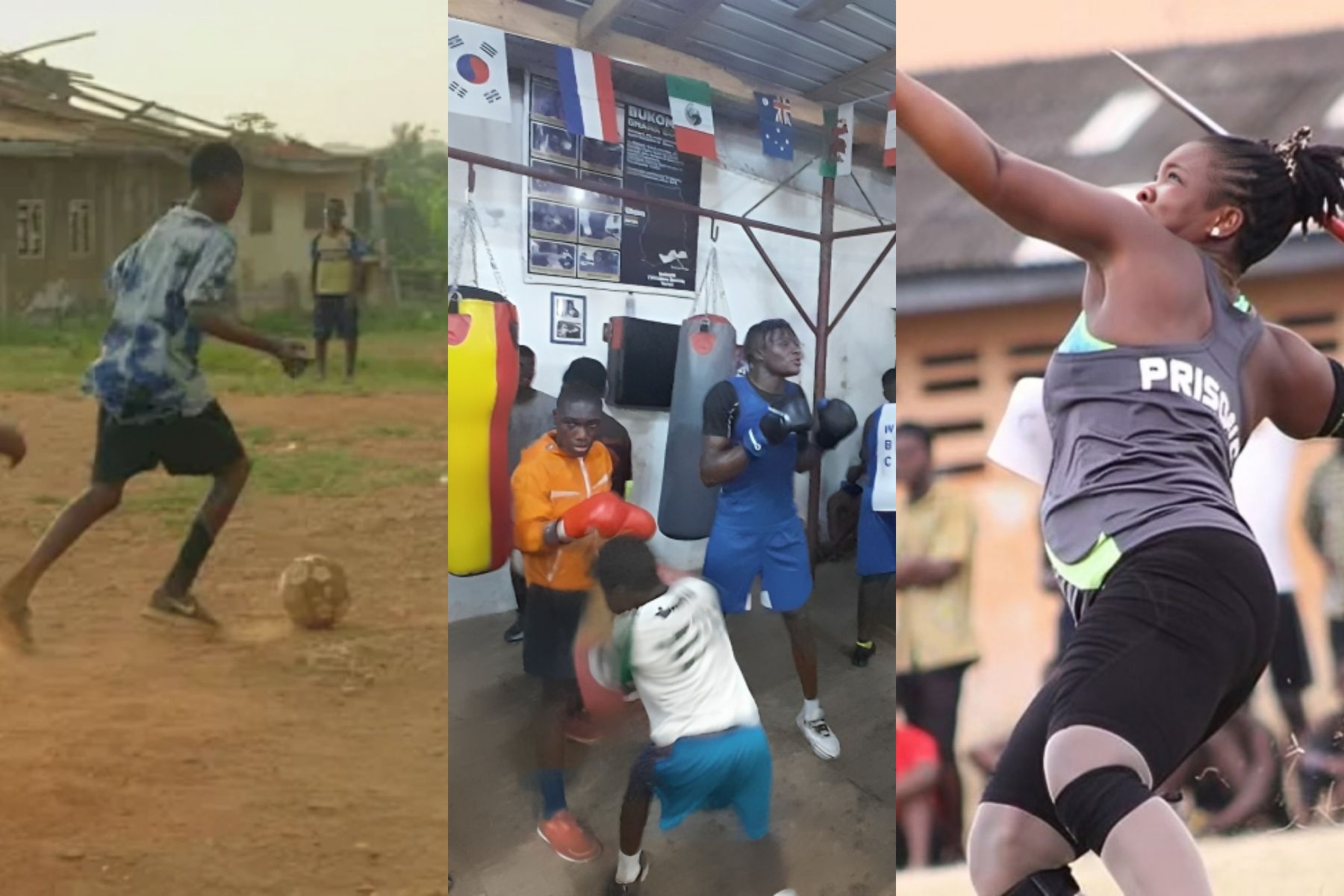
Sports, a globally cherished activity, has seen remarkable growth over the years, with innovations continuously making it more inclusive and engaging. However, in Ghana, while talent abounds, the development of sports remains a neglected priority.
Despite its potential to unite communities, provide employment, and project the nation globally, Ghanaian sports face persistent setbacks that hinder their progress. Below are critical issues identified as impediments to the growth of sports in Ghana.
Inadequate sports facilities
The availability and quality of sports facilities play a pivotal role in the development of athletes and the promotion of sports. Unfortunately, Ghana suffers from a chronic lack of sports infrastructure. Existing facilities are either insufficient or poorly maintained.For example, football, the most popular sport in Ghana, is hampered by the scarcity of stadiums.
Many of the country’s stadiums are in a state of disrepair, limiting their ability to host competitions and nurture talent.
Lesser-known sports face an even graver challenge, with little to no facilities dedicated to their growth. This infrastructure deficit stifles opportunities for athletes to train and compete effectively.
Poor sports marketing
Sports marketing is crucial for building strong connections between sports brands, fans, and sponsors. It involves creating and implementing strategies to boost brand recognition, fan engagement, and revenue generation.
However, in Ghana, sports marketing remains underdeveloped. This gap limits the visibility of athletes, teams, and events, discouraging sponsorships and media attention. Without strategic marketing, the sports sector struggles to attract investment, leaving its potential untapped.
Lack of government investment
Successive Ghanaian governments have paid insufficient attention to sports, allocating meagre resources to its development. Despite the sector’s potential to create jobs and reduce unemployment, government support remains minimal.
This lack of investment results in lost opportunities for talent development, reduced infrastructure, and limited capacity to host major sporting events. Young athletes often miss out on critical resources to hone their skills, ultimately affecting their ability to compete on the global stage.
Match-fixing and corruption
Match-fixing has become a significant issue, particularly in Ghanaian football. During the latter stages of the Ghana Premier League, teams allegedly resort to underhanded tactics, colloquially referred to as “mafia” methods, to avoid relegation.
This malpractice, coupled with questionable officiating, erodes the credibility of the sport and dissuades investors, fans, and sponsors. If left unaddressed, this menace will continue to tarnish the image of Ghanaian sports.
Low salaries for athletes
The low salaries earned by Ghanaian athletes, particularly footballers in the Ghana Premier League, discourage talent retention. Many players are compelled to seek better opportunities abroad, often moving to leagues in countries with less established football traditions but higher pay.
Financial insecurity affects the morale and performance of athletes, as proper remuneration is a key motivator for excellence. Addressing this issue is essential to ensuring that Ghana retains its best talent.
Conclusion
Ghanaian sports hold immense potential to impact lives, foster unity, and put the country on the global map. However, challenges such as inadequate infrastructure, poor marketing, limited government investment, corruption, and low salaries continue to undermine its growth.
To revitalise the sector, a comprehensive approach involving increased government funding, strategic marketing, stricter regulation against malpractices, and the improvement of facilities is needed.
Sports in Ghana must transcend its current state to become a robust industry that benefits both the nation and its athletes. With concerted efforts from all stakeholders, this vision can become a reality.
Read Full Story






Facebook
Twitter
Pinterest
Instagram
Google+
YouTube
LinkedIn
RSS